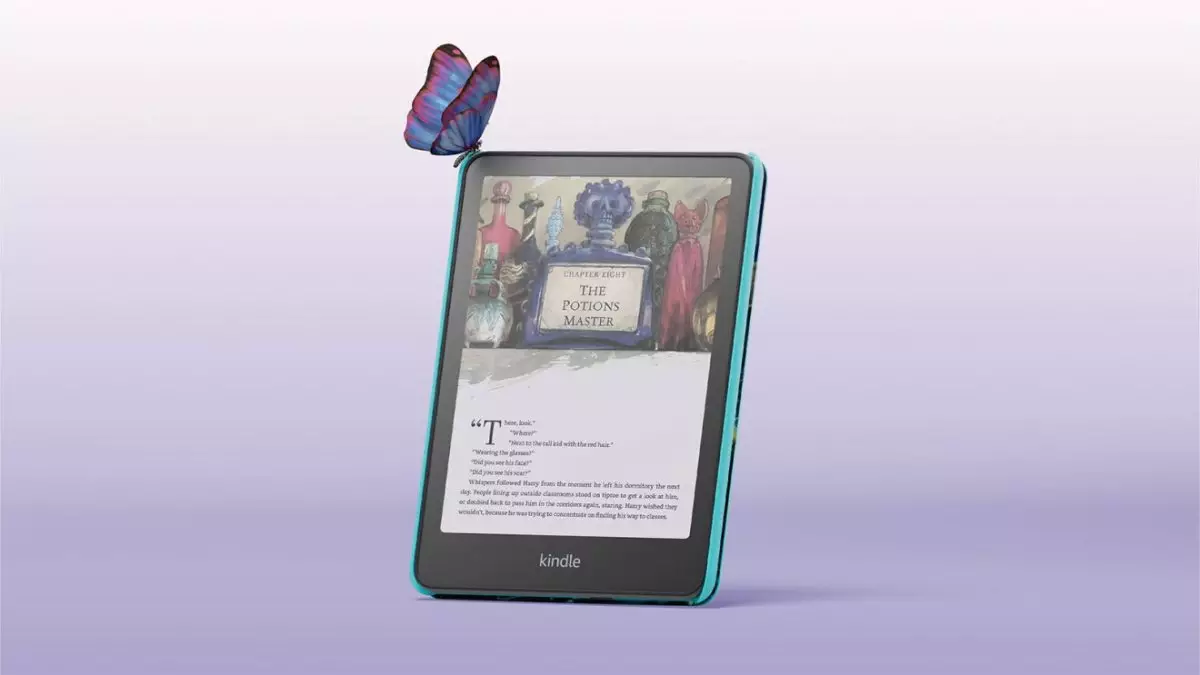Amazon’s latest strategy to make its innovative Kindle Colorsoft more accessible marks a significant shift in how we view value in digital reading. By introducing a more affordable variant priced at $249.99, Amazon challenges the notion that advanced features must come with a premium price tag. This move not only broadens the device’s audience but also underscores Amazon’s commitment to democratizing technological advancements. Instead of reserving engaging, high-contrast color displays for select consumers, the lower-cost model ensures that a broader spectrum of readers—especially students, children, and casual users—can experience the benefits of vibrant visuals without breaking the bank.
Balancing Innovation and Practicality
While the new model trims some premium features like increased storage and auto-adjusting front light, it retains the core advantages that make the Colorsoft compelling—such as the high-contrast color display, adjustable warm light, and excellent battery life. These features exemplify thoughtful engineering that enhances the reading experience without adding complexity or cost. Amazon’s strategic decision to offer three months of Kindle Unlimited further elevates the value proposition, promising users access to a vast library of over 4 million titles. However, by omitting features such as wireless charging and larger storage, the company seems to be prioritizing core usability over luxury, highlighting an understanding that most casual readers seek engaging visuals and long battery life rather than fringe functionalities.
Transforming Children’s Engagement with Technology
The addition of a Kids edition demonstrates Amazon’s recognition of the importance of digital education and entertainment. Providing tailored features such as an illustrated cover, a two-year warranty, and specialized reading tools like Word Wise and the OpenDyslexic font reflects a nuanced approach to nurturing young readers’ skills and confidence. Bluetooth capability for audiobooks further addresses diverse learning preferences and helps bridge the gap between traditional reading and modern multimedia consumption. Amazon’s focus here emphasizes a broader social responsibility: fostering early literacy and making reading an engaging, accessible experience for children of all backgrounds.
Implications for the Future of Digital Reading Devices
Amazon’s tactical pricing and feature adjustments suggest a new chapter for the e-reader industry—one where affordability and inclusivity become central. By lowering the entry barrier, Amazon is not only competing more fiercely with tablets and other digital devices but also redefining how consumers perceive dedicated e-readers. The move underscores a shift toward making immersive, color-rich reading experiences available to all, rather than just tech enthusiasts or high-income households. If this trend continues, the digital reading landscape could experience a broader cultural shift—one that champions universal access, literacy, and the democratization of content consumption in a visually stimulating, user-friendly format.

